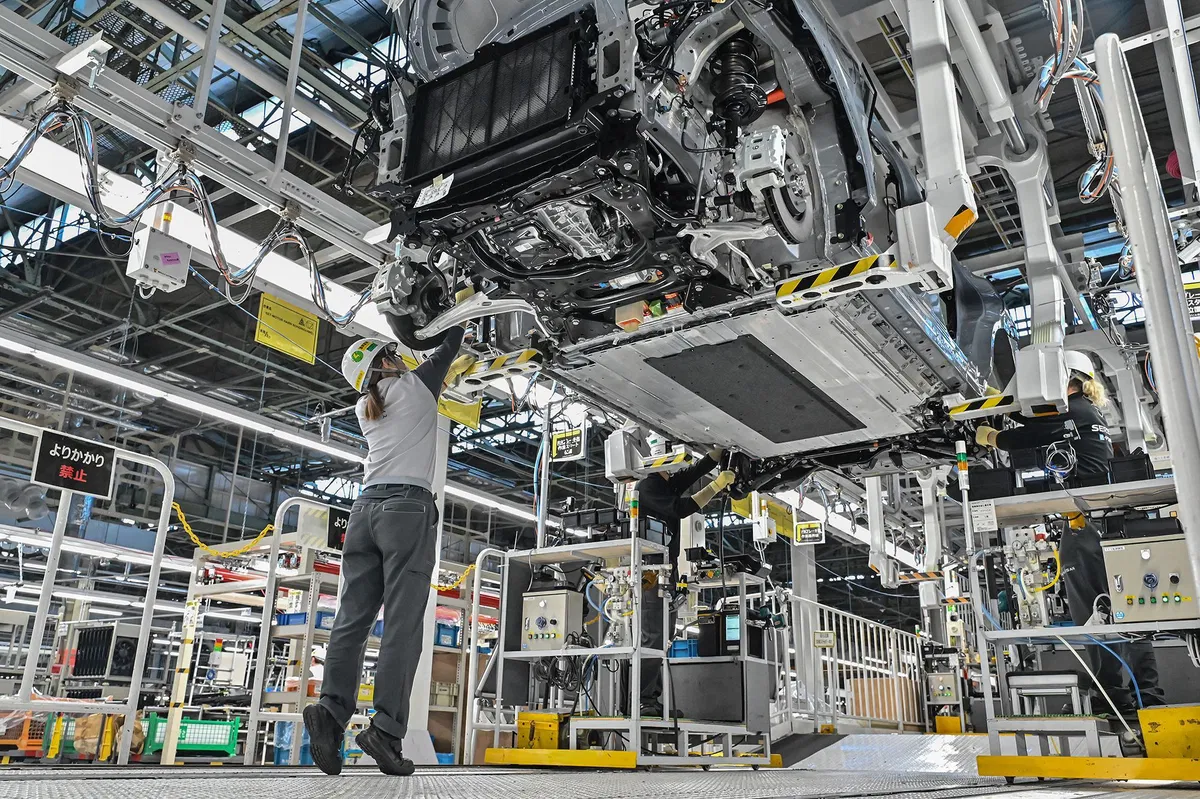Top 10 Key Business Ideas for Automakers in 2025
Automobiles are symbol of freedom, expressions of personality, and manifestations of ambition, isn’t it? They are your true partner on vacations and business. There is lot to explore in automobile industry as it is one of the most rapidly evolving Industry. Technological advancements, changing consumer preferences, and sustainability concerns are the key factors that are driving Automotive industry like never before.
Automakers must embrace new business models to remain competitive and drive future growth. Delve into these top 10 key business ideas for automakers and explore the reasons why they are essential.
1. Electric Vehicle (EV) Expansion
The transition to electric vehicles (EVs) is certain, driven by strict environmental regulations and growing consumer demand for sustainable transportation. Automakers investing in EV research, battery technology, and charging infrastructure can capture a significant market share. Key players like Tesla, Ford, and Volkswagen are already leading the charge, demonstrating that EVs are the future of mobility.
2. Autonomous Vehicle Development
Next is the Self-driving vehicle technology which is all set to revolutionize the transportation industry. Investing in autonomous vehicles (AVs) can provide automakers with opportunities in ride-sharing, logistics, and personal transportation. Companies like Waymo and Tesla are pushing the boundaries of AV technology, and automakers that embrace this trend will be better positioned for long-term success.
3. Connected Car Technology
The rise of the Internet of Things (IoT) allows automakers to integrate smart features into vehicles. Connected cars offer advanced driver assistance, real-time diagnostics, remote software updates, and enhanced infotainment systems. Automakers investing in this technology can enhance customer experience, improve safety, and generate revenue through subscription-based services.
4. Sustainable Manufacturing Practices
Sustainability is no longer an option but a necessity in automobile industry! Automakers can reduce their carbon footprint by using recyclable materials, optimizing production efficiency, and adopting renewable energy sources. Companies like BMW and Toyota have already made strides in green manufacturing, and this approach can lead to cost savings, regulatory compliance, and an enhanced brand reputation.
5. Mobility-as-a-Service (MaaS)
Instead of selling cars, automakers can explore providing transportation solutions. Ride-hailing, car-sharing, and subscription-based vehicle ownership models are becoming increasingly popular. Companies like Uber and Lyft have demonstrated the profitability of MaaS, and automakers who adopt this model can generate recurring revenue streams and expand their market reach.
6. Advanced Battery and Charging Solutions
Battery technology remains a critical component of the EV industry. Investing in solid-state batteries, fast-charging infrastructure, and battery recycling can give automakers a competitive edge. Partnerships with energy companies and tech firms can accelerate innovation and make EVs more accessible to consumers.
7. Artificial Intelligence (AI) Integration
AI is transforming various industries, including automotive. Automakers can leverage AI for predictive maintenance, real-time traffic data, voice recognition, and enhanced driver assistance. AI-driven innovations can enhance safety, improve efficiency, and create personalized experiences for users, making vehicles smarter and more user-friendly.
Read Also: How a Narcan Case Can Save Lives: Benefits and Features
8. Aftermarket Services and Digital Upgrades
With the rise of software-defined vehicles, automakers can generate revenue through over-the-air (OTA) updates and digital services. Features like enhanced navigation, performance upgrades, and premium entertainment subscriptions can be sold post-purchase, creating a steady income stream beyond the initial vehicle sale.
9. Lightweight and Advanced Materials
Reducing vehicle weight improves fuel efficiency and enhances performance. Automakers can invest in carbon fiber, aluminum, and other lightweight materials to build more efficient vehicles. Innovations in material science can also improve safety and durability while reducing environmental impact.
10. Partnerships and Collaborations
Strategic partnerships with tech companies, startups, and governments can accelerate innovation and reduce development costs. Automakers working with AI firms, battery developers, and mobility service providers can stay ahead of the competition and create integrated, future-ready solutions.
Conclusion
The automotive industry is undergoing a major transformation. By embracing these business ideas, automakers can future-proof their businesses, cater to evolving consumer demands, and contribute to a more sustainable and efficient transportation ecosystem. The key to success lies in innovation, adaptability, and strategic investments in emerging trends.














1 comment